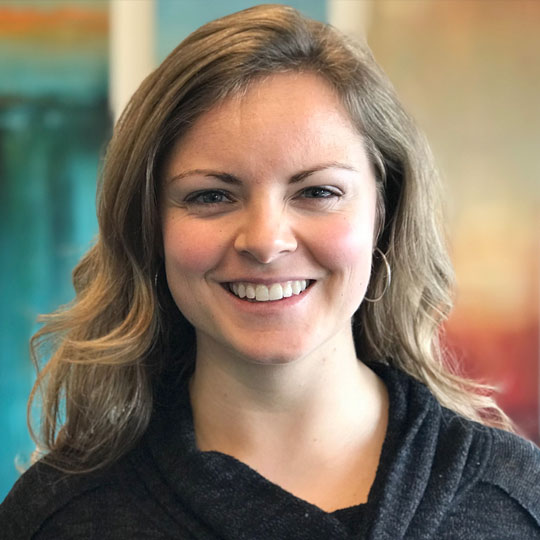St. Luke’s Humphreys Diabetes Center study participation helps patient manage diabetes


Five patients are participating in a national yearlong study at St. Luke's Humphreys Diabetes Center testing the effectiveness of a new medication before it receives final FDA approval. This process has given high-need patients, who otherwise couldn’t afford it, access to cutting-edge treatment.
Boise resident Mark Freckleton is one of these patients.
Freckleton has unmanaged type 2 diabetes and his body mass index (BMI) is in the unhealthy category. He’s also uninsured.
His wife learned that the diabetes center was recruiting volunteers for a study. He met the qualifications to participate.
For participating, Freckleton is reimbursed for his current medications and follow-up appointments with members of his care team, such as the optometrist. He’s also compensated for his study-related visits to Humphrey’s.
“It’s been extremely helpful because it’s a solid regimen,” Freckleton said. “I didn’t have insurance, so I wasn’t as active (managing my diabetes) as I have been since I started this. It’s been very beneficial in that respect.”
Increased care compliance is one of the many benefits of research participation. This specific study aims to test the medication's impact on hemoglobin A1c levels and weight loss as well as examine patients' engagement in care management when being closely monitored, such as in a research setting.
“Patients being compliant helps with their health care and overall their diseases are being managed better,” said Lauri Cartwright, St. Luke's research, children's specialty clinical research coordinator. “They get one-on-one care time when they do come in for appointments and we address any issues they’re having.”
For Freckleton, better management decreases his likelihood of experiencing a diabetic episode that would force him to access more expensive services in an emergency department.
The test medication is a novel dual GIP and GLP 1 (glucagon-like peptide) receptor agonist. GLP-1 receptor agonists are a class of non-insulin medications commonly used in combination with diet and exercise to lower blood glucose levels. The GIP and GLP-1 combination, currently in development for type 2 diabetes, is thought to provide similar benefits to GLP-1 alone with fewer side effects.
“The first primary end point is looking at the mean change in hemoglobin A1c,” Cartwright said. “They’re looking to see how much fasting-glucose levels have changed since baseline. The secondary is body weight.”
Freckleton has experienced positive results, lowering his A1c and daily glucose levels.
“I’m really excited because I hope in the long run that this drug works out well,” Freckleton said. “I think it’ll be beneficial for people.”
Type 2 diabetes is on the rise in Idaho and the United States. It was identified as a high-need concern in four of six St. Luke's service areas analyzed in recent Community Health Needs Assessments.
“If current trends remain unchanged, it’s projected that by 2050 that one in four adults in the U.S. will have type 2 diabetes,” said St. Luke’s Endocrinologist Dr. Sherwin D’Souza the provider overseeing the study.
Discovering new treatment options and enhancing management through research participation and care coordination are two ways St. Luke’s Humphreys Center is trying to improve patient health.
St. Luke’s community health and engagement efforts also aim to support healthy lifestyle choices and address social determinants of health to make medication-management less needed.
“The drugs are great, but it’s fundamentally lifestyle,” Dr. D’Souza said. “When those things fail, we’re glad there are more options.”
St. Luke's Humphreys Center already has wrap-around care, offering counseling to manage lifestyle factors such as nutrition and behavioral health. New therapies are yet another way the team can offer the best care to patients.
“Now that we have this under our belts, we can have more opportunities for research," Dr. D'Souza said. "The patient benefits by having access to cutting-edge therapies made available at no cost.”
Research at St. Luke's
Contact St. Luke’s Humphreys Center (Boise) at 208-331-1155 to express interest in future research opportunities. Volunteers are not required to be St. Luke’s patients to participate.About The Author

Alexis Bennett is a consultant for St. Luke's Center For Community Health.


